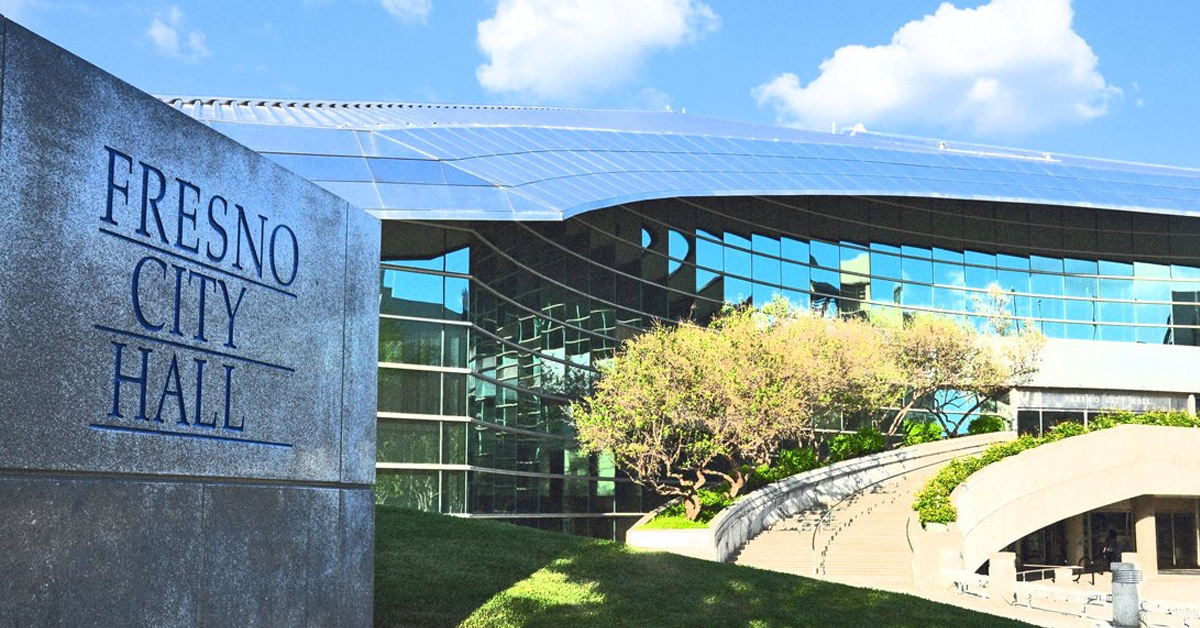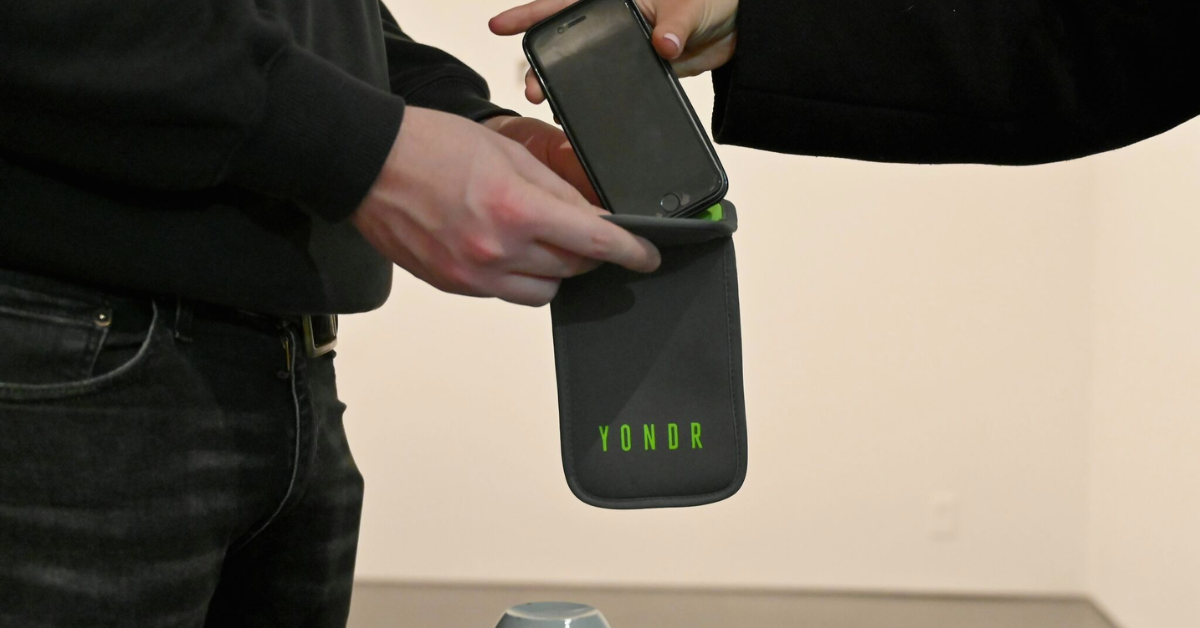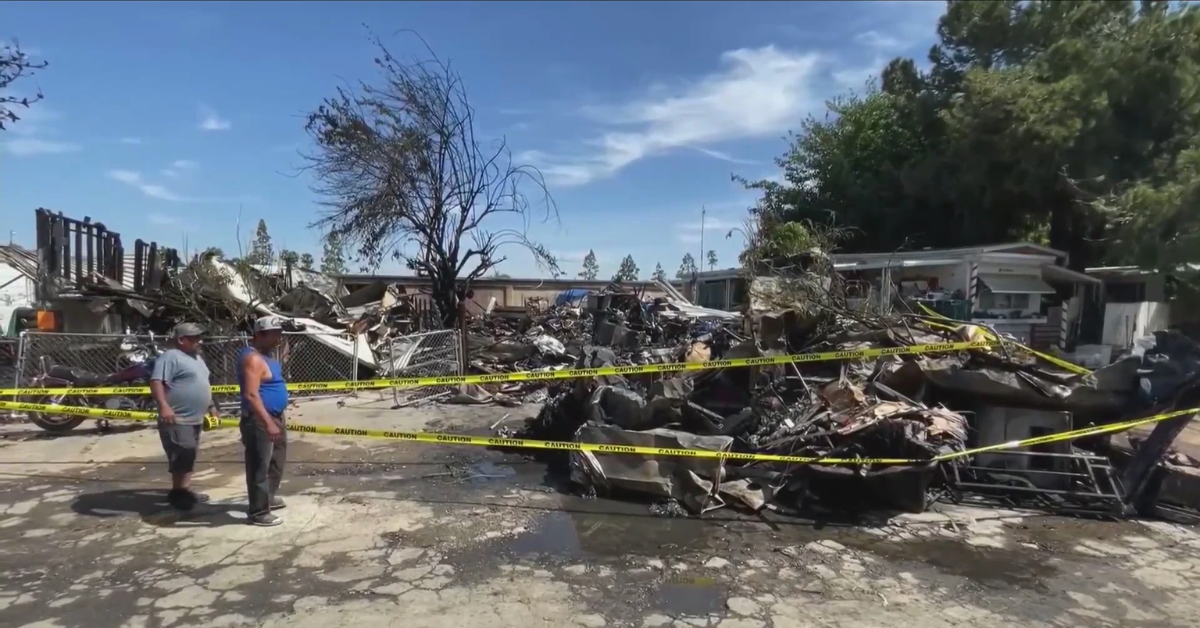A new congregate housing facility is coming to a residential northwest Fresno neighborhood.
While many neighbors spoke in support of the project, it didn’t sail to approval without a dose of controversy during Thursday’s Fresno City Council meeting.
The big picture: The skilled nursing congregate housing facility will be located on W. Bullard Ave. between N. Van Ness Blvd. and N. Forkner Ave., across the street from Malloch Elementary School and located near residential housing.
- Infinite Living, the operator, plans to expand the existing 3,310 square-foot home into a 4,500 square-foot residence and add two new buildings with a combined area of 9,011 square feet.
- Each building will have 18 beds and house people in need of acute care and skilled nursing services.
- Neighbors Brent Smittcamp and Andrew Wanger, among others, appealed a decision from the city planning commission to approve the project.
- Thursday, the City Council denied the appeal on a 4-0 vote.
- Council members Garry Bredefeld and Luis Chavez recused themselves due to California law prohibiting elected officials from ruling on decisions involving people or parties who donated over $250 to them.
- Councilman Mike Karbassi abstained from voting due to an on-going professional relationship with local attorney Brian Whelan, a co-owner in the facility.
What they’re saying: In his appeal, Smittcamp wrote to the Council that allowing the facility would effectively transform the residential designation into a commercial property, an “unacceptable alteration of the residential character of our neighborhood.”
- But Councilman Miguel Arias and the rest of the council disagreed.
- “The concerns overall have been around this being a residential neighborhood. I think that’s clear. The record is clear that this is a residential neighborhood,” Arias said. “But state law is also clear that supportive housing for the disabled belongs in a residential neighborhood, that those individuals – residents of our city – have a right to live in a residential neighborhood.”










